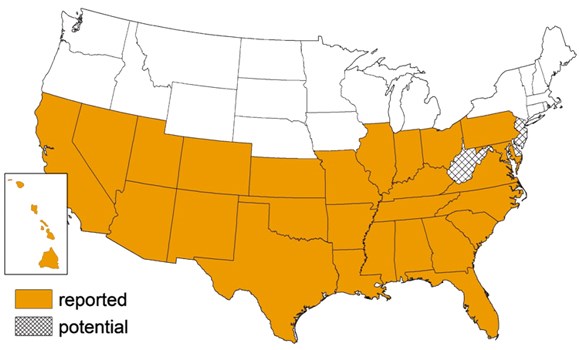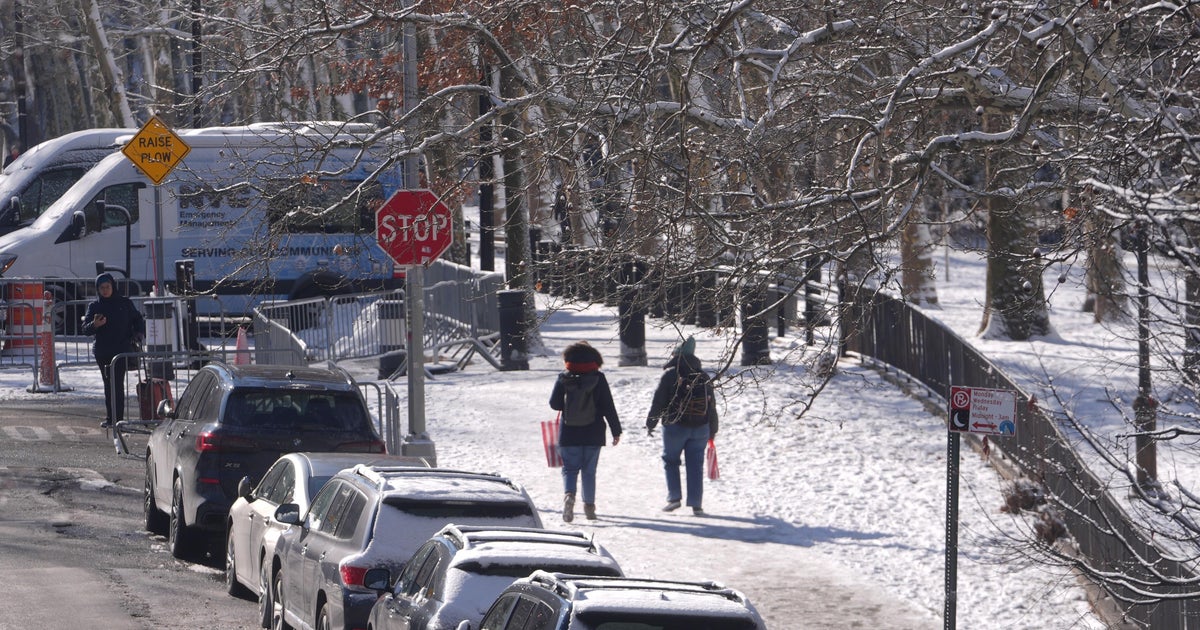CDC: 'Kissing Bug' Seen In California, May Carry Parasite Causing Deadly Disease
SACRAMENTO (CBS) – A bug known as the "kissing bug" that has the potential of spreading a deadly disease has been spotted in California, according to the CDC.
The bug's official name is the triatomine bug and can carry a parasite called Trypanosoma cruzi, which causes Chagas disease.
You can catch the disease from the bug, but it's not easy, the CDC says. The parasite that causes the disease is in the bug's feces, which it leaves on or near a person when it's feeding on the person's blood – typically when they're asleep. Infection occurs when the person rubs the feces into the bite or wound, or their mouth or eyes.

Click here for more information about Chagas disease.
But much like mosquitoes and West Nile, not every kissing bug carries Chagas disease, sometimes called the "silent killer."
The bugs are a Latin American import, but they're in 27 states, especially those in the South.
Also called assassin bugs, cone-nosed bugs, and blood suckers, the bugs can live indoors, in cracks and holes of substandard housing, or in a variety of outdoor settings including:
- Beneath porches
- Between rocky structures
- Under cement
- In rock, wood, brush piles, or beneath bark
- In rodent nests or animal burrows
- In outdoor dog houses or kennels
- In chicken coops or houses
Researchers at Texas A &M in College of Veterinary and Biomedical Sciences are tracking the bug because it bites humans and animals. There aren't any vaccines for Chagas disease and only an experimental treatment for humans.
"If people see or come in contact, don't touch the bug with your hands. Take a picture and send the bug to the laboratory. We can test it for infection," said researcher Sarah Hamer.







